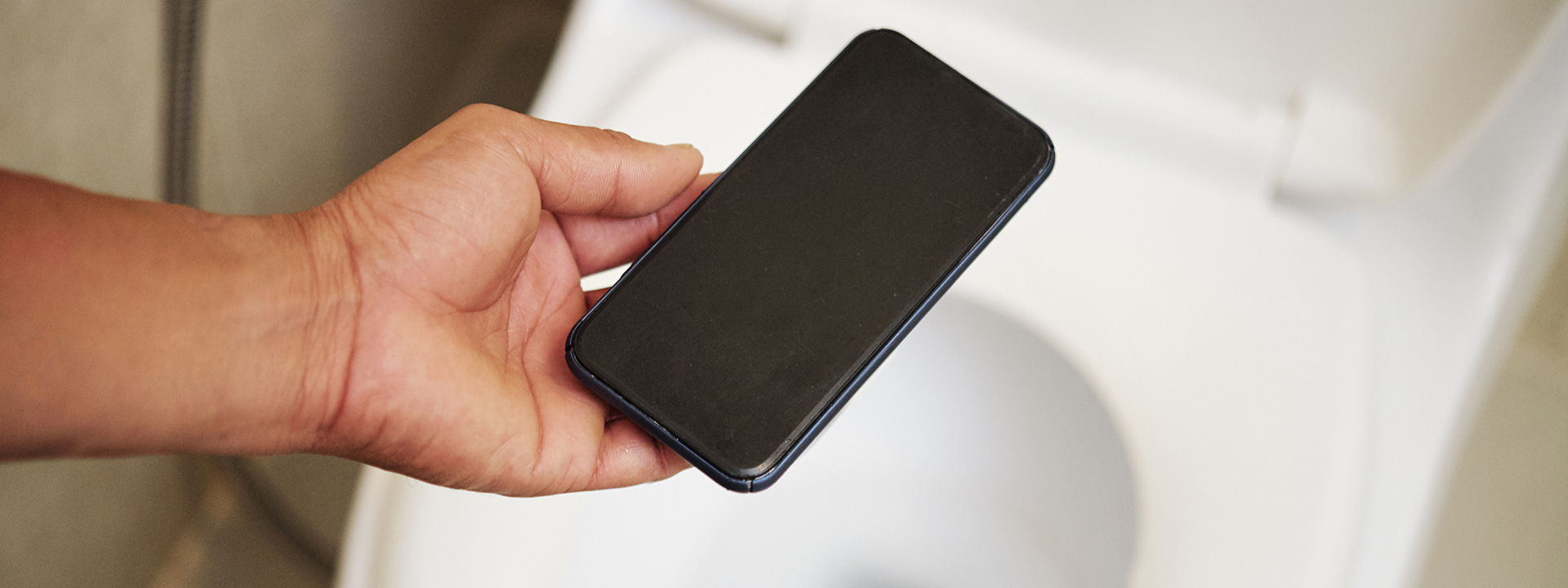
Protecting your family from scams
posted Tuesday Dec 6, 2022 by Contributor
Technology is an amazing thing. It's something that allows us to do things we didn't previously think imaginable. We can call family and friends. We can video call, seeing one another's faces. We can share photos and messages online. We can get the answer to nearly any question with a small device that fits in our pocket. We can watch tutorials. We can read the news. We can have a never-ending library of ready-to-stream music on demand. The list goes on and on. But technology is also providing those with bad intentions with an easy way to infiltrate our lives. Scamming and fraud have dramatically increased in recent years, with phones, tablets, laptops, and computers providing an easy vessel for cyber criminals and other criminals to access us and our accounts. The good news is that there are various steps you can take to protect yourself and your family from scams. Here are some tips that should help!
If It's Too Good to Be True, It Probably Is
Let's start with messages that claim you have won a large amount of money from a draw you didn't even enter, inherited a huge sum from a never heard of relative, are being offered an expensive item for a ludicrously low price or something along similar lines. The sad truth is that if someone reaches out to you, out of the blue, with an offer that sounds too good to be true, it probably is. You can always investigate or look further into the matter, but chances are, you are being scammed, especially of the person getting in touch is asking for personal details, payment details or bank details.
Check the Authenticity of Emails or Texts
A lot of scams are carried out through email or text. They tend to reach out to you, asking for you to return information or click a link. A common scam is one that says you have a parcel with a missed delivery and that you can reschedule the delivery by paying a small charge. This then asks you to enter your bank details to pay the charge. When receiving any email or text, make sure to check its authenticity. Look at the number or email address it was sent from. This can help you to identify the scammer. For example, you may find that a message supposedly from PayPal actually comes from "robert@hotmail.com" or - if more advanced - something like "sender@paypel.com". Businesses do not send messages from random or misspelled email accounts.
Never Transfer Money
Extremely few legitimate companies ask you to transfer money from your bank account to theirs. This is a feature that friends and family generally use between one another. Companies usually ask for card payments or direct debits. If you are asked for a bank transfer, you really need to check the legitimacy and authenticity of the person you're sending it to. Most banks will ask you to double check you're absolutely sure and not being scammed before allowing you to make your transfer.
Dates Should Not Be Asking for Money
Another common financial scam comes through dating sites and apps. One of the most common sources of dating scams is through cryptocurrencies. The scenario comes about when you match with a new person and they let you know they are an "investor" and has access to a platform with high yields. They'll constantly ask you to participate in the system because they don't want you to miss out on the returns. In our tests, these users always use a Chinese photo but say they are in the US but will explain why they cannot meet up. Don't use any unknown crypto platforms, as even the known ones can be a scam.
Another common dating scam comes from fake soldiers. Similar to the previous scam, a new match will tell you that they are in the military and deployed somewhere not quite nearby. For us in Tampa, the scam tends to come from people who claim to be located in Tallahassee. They can't get away to meet because of the rules of the deployment, but they really need money to help out with some bill. Almost always they will want an Apple, Amazon, or Xbox gift card number. Lots of red flags in this one.
Validating Your Identity is Invalid
Identity validation scams are all the rage these days. These scams appear through dating apps and social media. The most common scenario right now is while using the Facebook Marketplace. If you're selling something, a fake buyer will reach out from a private and locked Facebook account. They'll ask you to verify your identity by sending you a 6-digit code that they'll send to your phone. Don't do it, though, as the code being sent is actually from Facebook and the person is trying to take over your Facebook account using 2-factor authentication.

